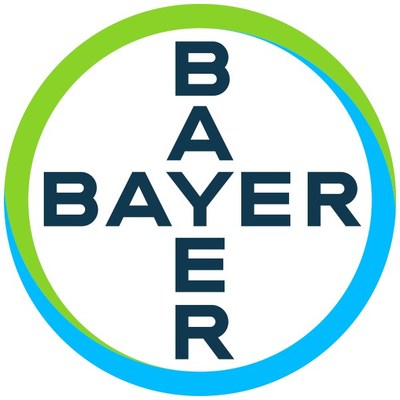More than one in four heart attack survivors don’t completely understand the role aspirin plays in helping prevent a second heart attack – and among those not currently taking aspirin, nearly one in five say it is because they saw a news article that made them feel they should not take aspirin, contrary to current medical guidelines.
|
WHIPPANY, N.J., Sept. 25, 2019 /PRNewswire/ -- More than one in four heart attack survivors don't completely understand the role aspirin plays in helping prevent a second heart attack – and among those not currently taking aspirin, nearly one in five say it is because they saw a news article that made them feel they should not take aspirin, contrary to current medical guidelines. The findings come from a recent nationwide survey of 500 heart attack survivors conducted by the team at Bayer, the makers of Bayer® aspirin, with support from Mended Hearts and WomenHeart: The National Coalition for Women with Heart Disease. The survey aimed to delve into what heart attack survivors understand about aspirin and how they have interpreted the latest changes around the use of aspirin in cardiac event prevention. "Many people are confused by the recent news around who should take aspirin," said Dr. Rosa Coppolecchia, U.S. Director, Medical Affairs Cardiology, Consumer Health at Bayer. "For heart attack survivors, confusion is especially concerning since taking aspirin, regularly, as directed by a doctor to help prevent another heart attack (or ischemic stroke), can be a life-saving preventative treatment." Dr. Coppolecchia added that patients should not make any changes to their aspirin regimen – or anything else they may be doing to help prevent another event – without first speaking to their doctor. The survey also showed that 26 percent of heart attack survivors who had seen recent news about aspirin believed the news said they no longer needed to take aspirin to help prevent another heart attack. These findings suggest that recent studies and changes in U.S. guidelines focused exclusively on taking aspirin to prevent a first heart attack or ischemic stroke – also known as primary prevention – may be leading to confusion among people who have already experienced such events. In the U.S., aspirin is indicated to help prevent a recurrent heart attack, ischemic stroke, as well as other revascularization procedures such as PCI (Percutaneous Coronary Intervention) or CABG (Coronary Artery Bypass Grafting) under a doctor's direction. While changes have been made to the guidelines, they are still supportive of the use of aspirin for certain individuals who have had a cardiovascular event such as a heart attack or ischemic stroke, based on their personal health risk and after an important discussion with their doctor. The consequences of this confusion can be deadly. Nearly 1 in 3 people who have had a heart attack will have another. And for those taking aspirin for secondary prevention, going off their regimen can increase the risk of another heart attack by 63 percent and the risk of another ischemic stroke by 40 percent. "Understanding your risk and what you can do to manage it is important for those who have had a heart attack. At Mended Hearts, we understand life after a heart attack is not just a physical journey, but an emotional journey, as well," said Andrea Baer, MS, BCPA, Executive Director, Mended Hearts and Mended Little Hearts. "In the survey we asked survivors: what are the things that motivate you in wanting to prevent another attack? Not surprisingly their answers were things like wanting to enjoy more time with their spouse and friends or wanting to be there to watch their children and grandchildren grow up." The survey also showed some discrepancies between male and female heart attack survivors. While women were more likely to say they are currently having regular checkups (80 percent) compared to men (71 percent), they were less likely to consistently discuss aspirin with their doctor at their visits (24 percent of women versus 40 percent of men). Further, when asked if they completely understand the role aspirin can play in preventing another heart attack, men were more likely to say they completely understand (79 percent) compared to women (67 percent), underscoring the importance of speaking with a doctor. "It's important that women who have experienced a heart attack understand that aspirin can play a role in their care regimen," said Celina Gorre, CEO, WomenHeart. "While we know that men and women may experience heart attacks differently, there is robust sex-specific research that shows the benefits of aspirin therapy for women in secondary prevention. This survey underscores the need for women with heart disease to maintain a dialogue with their health care provider about the best course of treatment for them." About the Survey About Bayer About Mended Hearts About WomenHeart Contact: Daniel Childs, daniel.childs@bayer.com, 973-437-0809
SOURCE Bayer |





